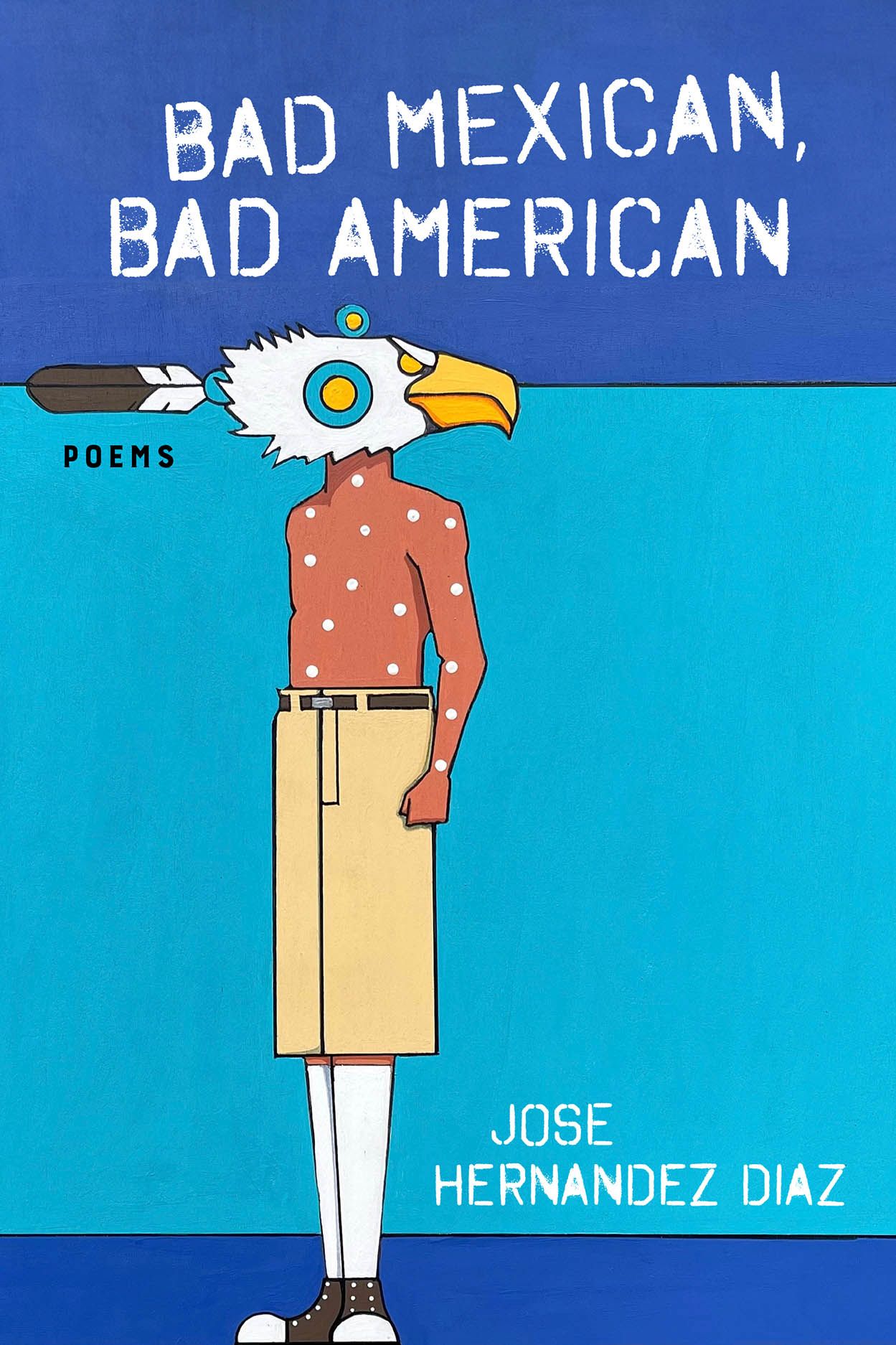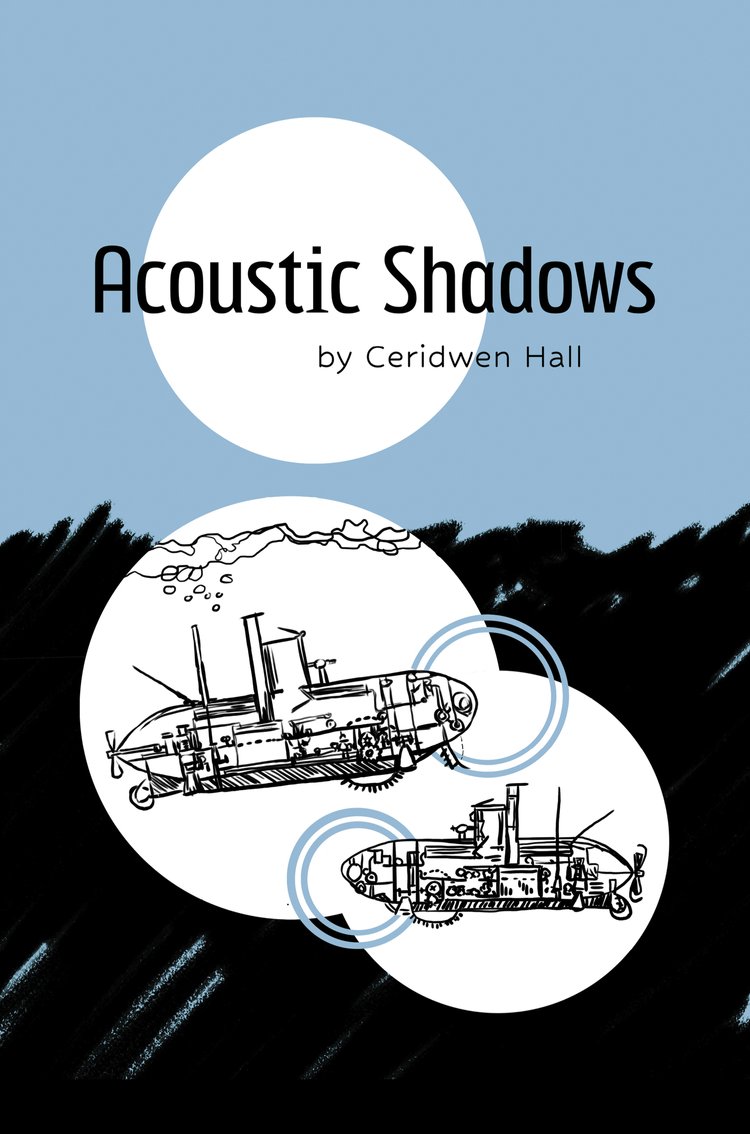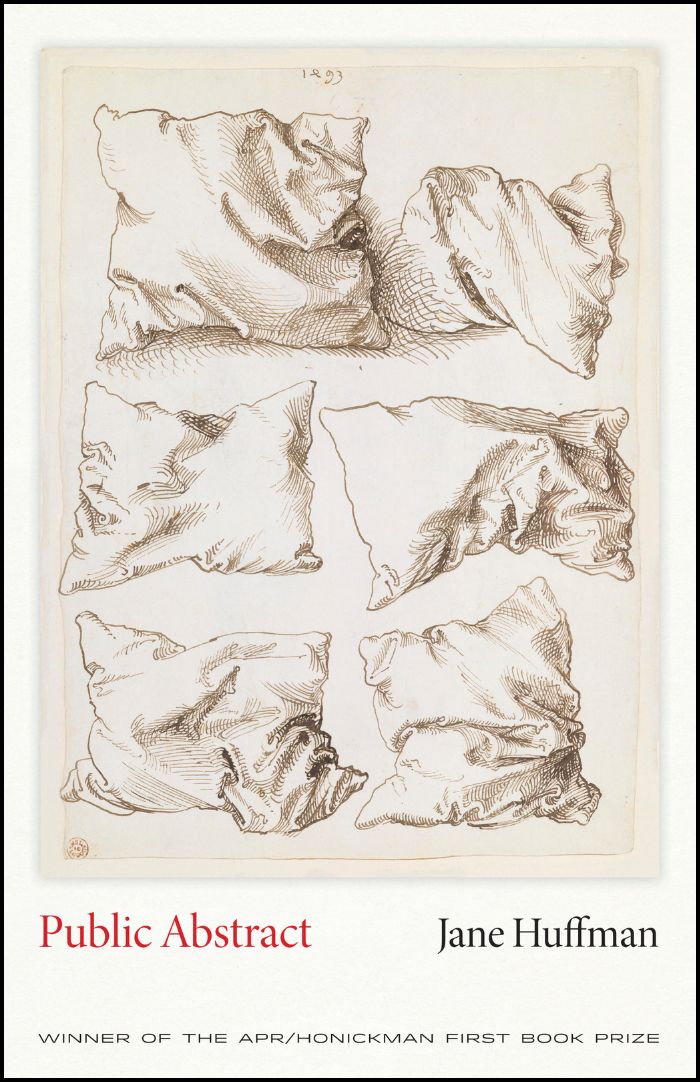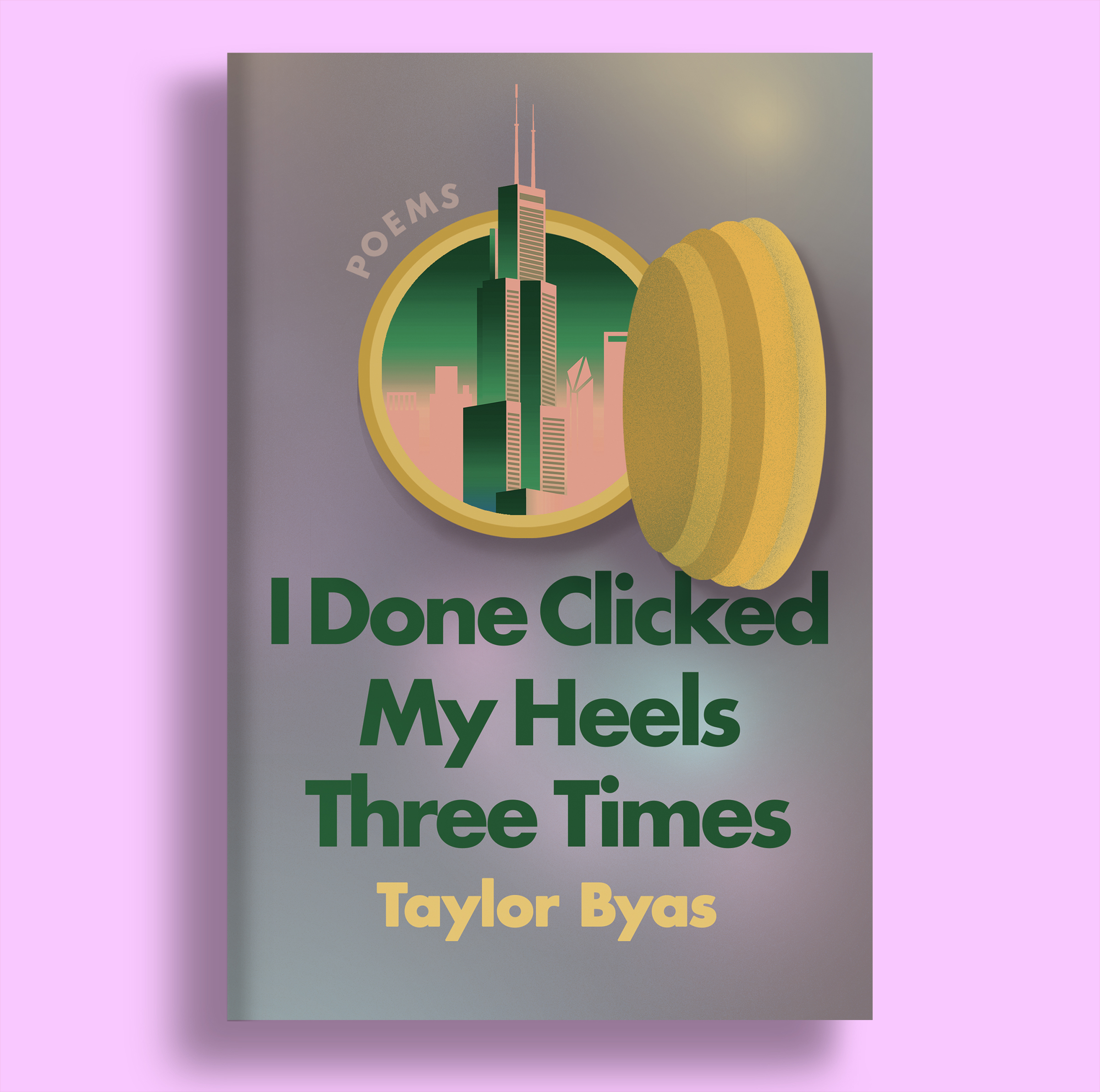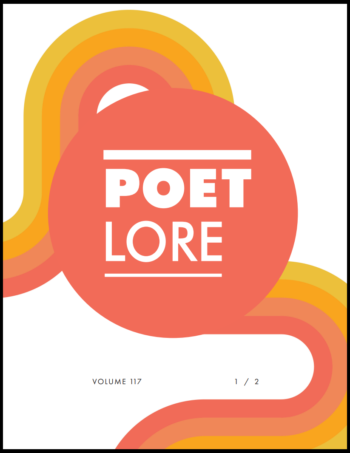Virtual Craft Chat with Poet KB Brookins
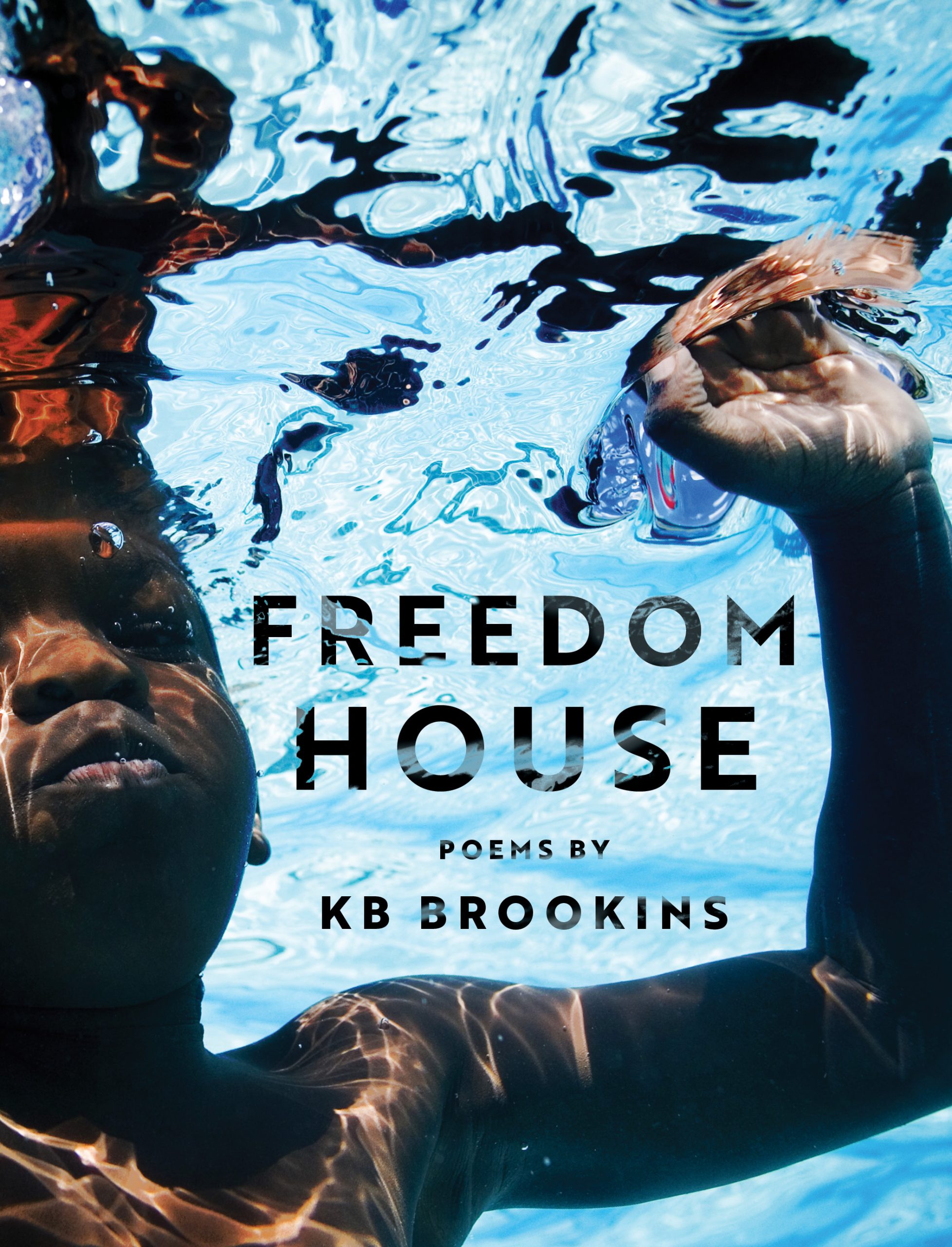
Poet Lore and The Writer’s Center present a FREE virtual chat about the craft of poetry! We’re joined by KB Brookins to discuss their debut collection, Freedom House. KB is in conversation with Emily Holland, poet and editor of Poet Lore.
KB Brookins is a Black, queer, and trans poet, essayist, and cultural worker from Fort Worth, Texas. Their writing is published in Poets.org, Huffington Post, American Poetry Review, Teen Vogue, Electric Literature, Okayplayer, Oxford American, and elsewhere. Their chapbook How To Identify Yourself with a Wound (Kallisto Gaia Press, 2022) won the Saguaro Poetry Prize and was named a 2023 ALA Stonewall Award Honor Book. They have earned fellowships from PEN America, Lambda Literary, and The Watering Hole among others. Their poem “Good Grief” won the Academy of American Poets 2022 Treehouse Climate Action Poem Prize.
Currently, KB is a 2023 National Endowment of the Arts fellow; board member with Ground Floor Theatre; community advisory board member with PrEP for ALL; MFA candidate at The University of Texas at Austin; and 2022-23 Poet-in-Residence at Civil Rights Corps. KB’s debut full-length poetry collection Freedom House (Deep Vellum Publishing, 2023) and their memoir Pretty (Alfred A. Knopf, 2024) are both forthcoming. KB is represented by Annie DeWitt at The Shipman Agency. Follow them online at @earthtokb, and subscribe to their sporadic opinions/updates through their newsletter, Out of This World.
About the Book
In this debut full-length collection, KB Brookins’ formally diverse, music-influenced poetry explores transness, politics of the body, gentrification, sexual violence, climate change, masculinity, and afrofuturism while chronicling their transition and walking readers through different “rooms”. The speaker isn’t afraid to call themselves out while also bending time, displaying the terror of being Black/queer/trans in Texas, and more — all while using humor and craft.
What does freedom look like? What can we learn from nature and our past? How do you reintroduce yourself in a world that refuses queerness? How can we use poetry as a tool in the toolbox that helps build freedom? This collection explores those questions, and manifests a world where Black, queer, and trans people get to live.

